No products in the cart.
Return To ShopPost-Workout Nutrition: Why Whey Protein Matters Most
Finishing your workout isn’t the end of your fitness routine what you consume afterward plays a crucial role in how your body recovers and grows. Among all the post-workout options available, one stands out for its fast-acting benefits: whey protein. There’s a reason fitness professionals and athletes rely on it whey protein matters most when it comes to optimal post-exercise nutrition.
Why Post-Workout Nutrition is Important
During exercise, especially strength training or intense cardio, your muscles undergo stress and experience micro-tears. Your glycogen stores are also depleted. To rebuild muscle and replenish energy, your body needs the right nutrients and it needs them quickly.
Skipping or delaying your post-workout nutrition can slow down muscle recovery, increase fatigue, and even hinder your progress toward your fitness goals.
“Fuel your recovery the right way shop premium whey protein now at SportsOne and experience the difference post-workout nutrition can make!”
What Makes Whey Protein Ideal Post-Workout?
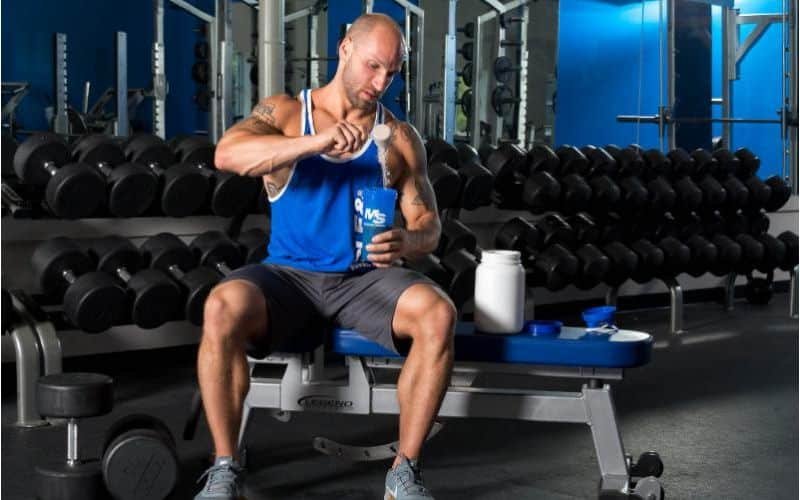
Whey protein is a complete protein derived from milk, and it’s packed with all nine essential amino acids. It digests quickly, making it perfect for post-exercise recovery. Here’s why whey protein matters most in your post-workout window:
1. Rapid Absorption
Unlike other protein sources, whey is rapidly absorbed by the body. This fast action helps deliver essential amino acids to your muscles when they need them the most—within 30 to 60 minutes after a workout.
2. Rich in BCAAs
Whey protein is loaded with branched-chain amino acids (BCAAs), especially leucine, which plays a key role in muscle protein synthesis. BCAAs are essential for repairing damaged muscle fibers and triggering growth.
3. Boosts Muscle Recovery and Growth
Consuming whey post-workout accelerates recovery, reduces soreness, and promotes lean muscle development. This is especially critical if you’re working out regularly and pushing your limits.
4. Helps Prevent Muscle Breakdown
After intense training, your body is in a catabolic state breaking down muscle for energy. Whey protein flips the switch to an anabolic (muscle-building) state, reducing muscle breakdown.
5. Supports Fat Loss Goals
If your aim is to shed fat while preserving muscle mass, whey protein matters most because it provides high-quality protein without added fats or sugars. It increases satiety, boosts metabolism, and helps maintain lean muscle during calorie deficits.
How to Use Whey Protein After a Workout

Getting the most out of whey protein post-workout depends on timing, portion, and what you mix it with. Here’s how to do it right:
Timing is Everything
Aim to consume whey protein within 30–60 minutes after your workout. This is known as the “anabolic window” a period when your body is most receptive to nutrient absorption.
Ideal Serving Size
A typical serving of whey protein contains 20–30 grams of protein. This is generally enough for most individuals to kickstart muscle recovery and growth. Always check the label, and adjust based on your weight and activity level.
Mix It Right
Water is the quickest, most calorie-conscious mixer. However, if you’re bulking or need more calories post-workout, you can mix whey with low-fat milk or add a banana for extra carbs to replenish glycogen.
Whey Protein vs. Other Post-Workout Options
There are many post-workout nutrition options like chicken, eggs, or plant-based shakes—but whey protein matters most for one major reason: speed.
Solid foods take time to digest, and by the time the nutrients reach your muscles, the anabolic window might be missed. Plant-based proteins, while great, often lack one or more essential amino acids or digest more slowly than whey.
If you’re looking for a quick, reliable, and complete source of protein right after your workout, whey remains unmatched.
Common Mistakes to Avoid
Even with the right supplement, some people make mistakes that limit its benefits:
- Skipping Post-Workout Nutrition: Waiting too long to eat after your workout can slow recovery.
- Overloading Calories: Adding too many extras (like sugary syrups, full-fat milk, or peanut butter) can turn your healthy shake into a calorie bomb.
- Ignoring Whole Foods: Whey protein is a supplement—not a substitute. It should support a well-balanced diet.
Choosing the Right Whey Protein
All whey proteins are not created equal. Look for high-quality, reputable brands with minimal fillers and no harmful additives. Opt for whey isolate if you’re lactose intolerant or cutting fat and carbs. If you’re bulking or need extra calories, whey concentrate may be suitable.
At SportsOne, you’ll find a curated selection of high-quality whey protein powders trusted by athletes and gym-goers across Pakistan. Our products are third-party tested, clean, and performance-driven—because your results matter.
Conclusion
If you’re serious about results, post-workout nutrition should be non-negotiable—and whey protein matters most when it comes to fast recovery, muscle gain, and fat loss. With its fast absorption, rich amino acid profile, and proven results, whey protein stands out as the ultimate post-workout ally.
Fuel your recovery and accelerate your progress with the best whey protein options available. Visit SportsOne to shop premium whey protein supplements tailored to your fitness goals. Your gains are just a scoop away!
FAQs
1. Can I take whey protein even if I’m not bodybuilding?
Yes! Whey protein is for anyone aiming to recover faster, build lean muscle, or support weight loss—even if you’re not lifting heavy weights.
2. Is it okay to drink whey protein every day?
Absolutely. Daily use is safe and effective when consumed in recommended amounts and as part of a balanced diet.
3. What’s the difference between whey isolate and whey concentrate?
Whey isolate has a higher protein content and lower fat/lactose, making it ideal for cutting or lactose-sensitive individuals. Whey concentrate contains more carbs and fats, suited for those bulking.
4. Can whey protein replace a full meal?
Not ideally. While it provides protein, it lacks essential vitamins, minerals, and fiber. It’s best used as a supplement, not a meal replacement.
5. How long after a workout should I take whey protein?
Ideally, within 30–60 minutes post-workout to maximize muscle recovery and nutrient absorption during the anabolic window.


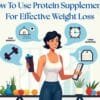


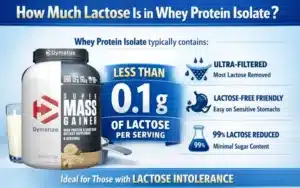

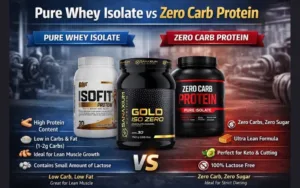
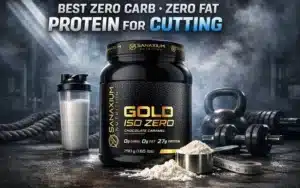
Add comment